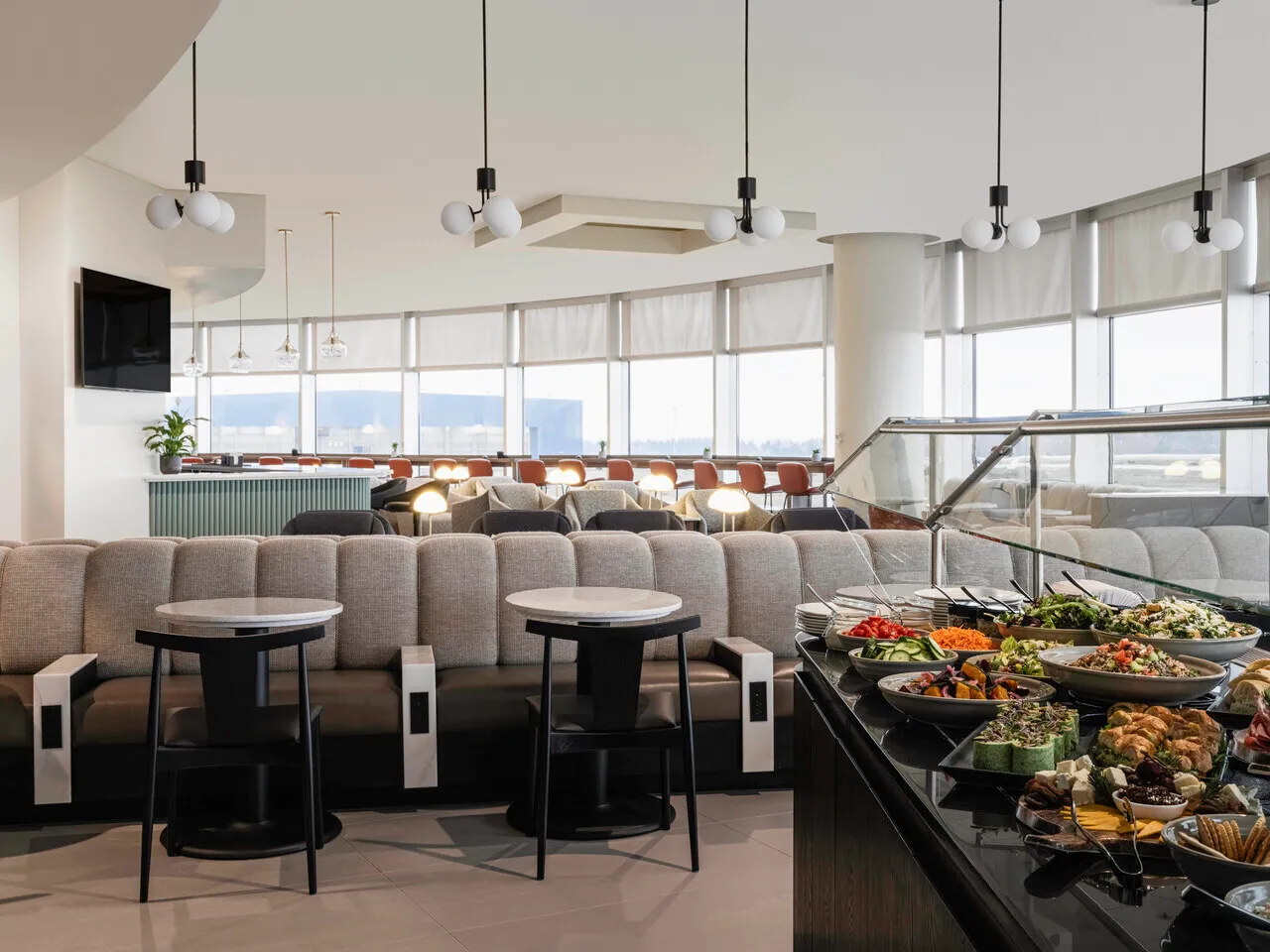Lufthansa Group And EasyJet Go Shopping For Over 230 Aircraft

Skift Take
As 2023 is wrapping up, the aviation business is heating up instead of slowing down. Airlines are ordering aircraft, and Boeing and Airbus are trying to up their order tally. It is not surprising that we are still hearing of new orders.
After Turkish Airlines’ order for 220 Airbus jets that was confirmed last week, on Tuesday, the Lufthansa Group and EasyJet announced major orders.
Airbus A220
Lufthansa Group’s Supervisory Board placed a firm order for an additional 40 Airbus A220-300 aircraft for its short and medium-haul fleet. The group has also retained purchase rights for another 20 A220 aircraft that can be confirmed later.
The A220 has been in service with Lufthansa Group since 2016 when Swiss International Air Lines put the first aircraft into scheduled service and became one of the first airlines to operate the aircraft.
The A220 is intended for the newly announced Lufthansa City Airlines and will be deployed on short-haul routes from Frankfurt and Munich. The airline will launch operations with the Airbus A319 aircraft, of which Lufthansa has over 20 in active service right now. However, the A220, which will arrive in 2026, will replace these aircraft.
The decision to go with Airbus is a loss for Embraer, which was pitching its E2 range of jets to Lufthansa Group. Lufthansa had earlier mentioned that it was evaluating both the A220 and the E2 jets.
“With today's order for 40 additional Airbus A220s, we are continuing our unique partnership with Airbus,” said Carsten Spohr, Chairman of the Executive Board and CEO of Deutsche Lufthansa AG. Since the A300 in the 1970s, Lufthansa Group has operated all members of the Airbus product family, namely the A220, A320, A330, A340, A350 and the A380.
By the end of November, Airbus had won 849 orders from 31 customers for the A220, of which 303 had been delivered. The A220 is already in service with 18 airlines worldwide on 1,350+ routes.
In addition, Lufthansa Group secured another 40 purchase options for A320 family aircraft. Airlines across the group already operate over 450 aircraft of the A320 family, and a firm order is outstanding for 71 A320/A321neo aircraft.
Boeing 737 MAX
Boeing and Lufthansa Group also agreed on a firm order of 40 737-8 aircraft and 60 options. This is the first time Lufthansa Group has ordered the Boeing 737 aircraft since 1995. The 737-8 will be configured to seat 190 passengers.
The first deliveries are scheduled for 2027.
Lufthansa launched the Boeing 737 in 1967, taking delivery of the first of 146 737s until its final delivery of a 737-300 in 1995. The airline retired its last 737 in 2016 as it started its group-wide fleet modernization program.
The Lufthansa Group, which consists of Lufthansa, SWISS, Austrian Airlines, Brussels Airlines, Eurowings, Lufthansa CityLine, Air Dolomiti and Eurowings Discover, said it has currently not made any decision on which group airline will induct the 737 MAX aircraft. However, it did clarify that these aircraft won’t be allocated to Lufthansa, Lufthansa City Airlines, and SWISS.
EasyJet Confirms Order For 157 A320neo
EasyJet, an all-Airbus operator, confirmed a firm order for 157 additional A320neo Family aircraft following shareholder approval. The firm order comprises 56 A320neo and 101 A321neo aircraft and also includes converting an existing order for 35 A320neo to the larger A321neo. The order also includes 100 purchase rights. All these aircraft ordered today will be delivered between fiscal year 2029 and 2034.
The agreement is part of easyJet’s fleet renewal and upgauging plan and brings substantial sustainability improvements to its business. This order will allow for fleet replacement of older A319 aircraft and easyJet to replace approximately half of their older A320ceo aircraft.
The airline will simultaneously be able to add capacity by replacing its A319 aircraft, which can seat 156 passengers, with A321neo aircraft, which can seat 235 passengers and fly much further.
Between both the orders, Europe will see the addition of more capacity, newer aircraft and a cut to carbon emissions as well, given that the neo and MAX family aircraft consume much less fuel than the aircraft they are going to replace.




